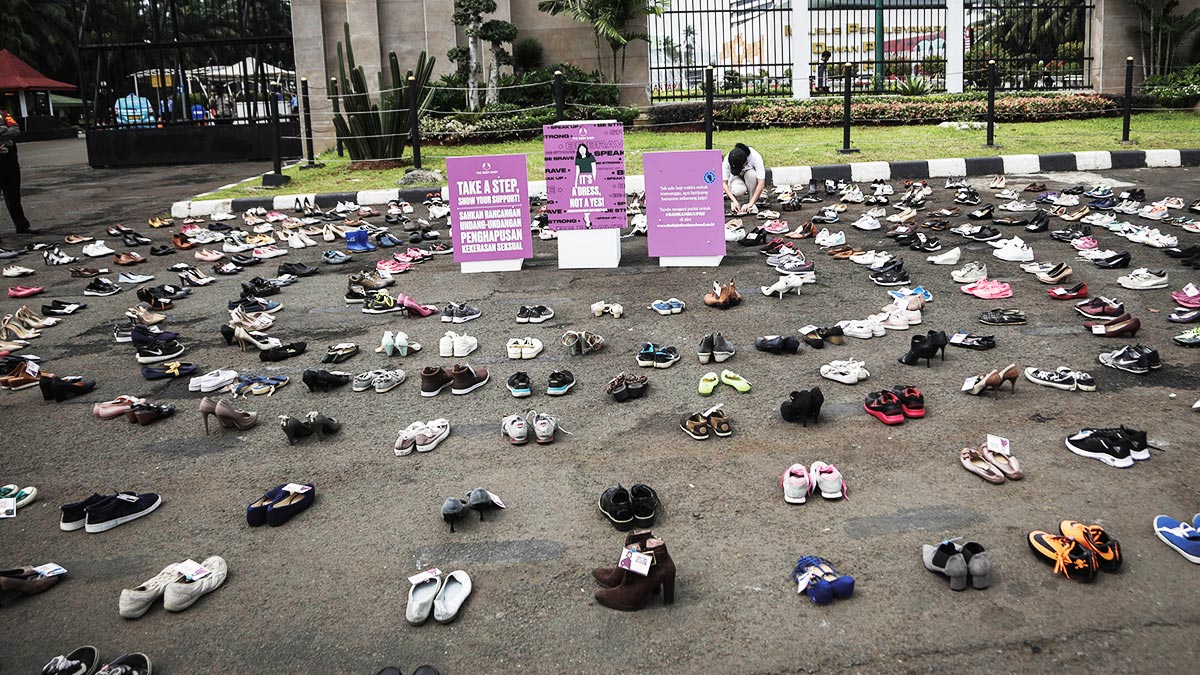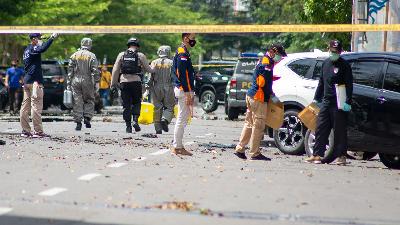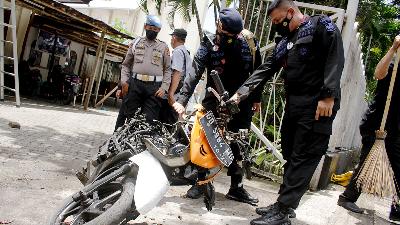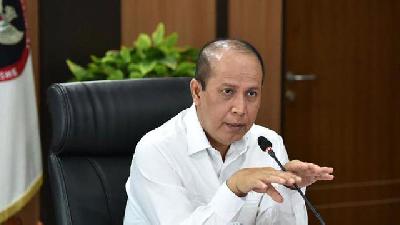On Different Wavelengths
Monday, April 5, 2021
Some supporters of the Sexual Violence Eradication Bill are lobbying those who are against it in the House of Representatives. They have to face up to religious norms.
arsip tempo : 171399151823.

MARIANA Amiruddin and Maria Ulfah Anshor immediately approached Bukhori Yusuf, a member of the Legislation Body at the House of Representatives (DPR), just as a meeting ended on Monday, March 29. Those two commissioners from the National Commission on Violence against Women (Komnas Perempuan), along with some of its other officials, had been invited by the DPR to a public hearing in order to get input on the Sexual Violence Eradication Bill.
Spe
...
Subscribe to continue reading.
We craft news with stories.
 For the benefits of subscribing to Digital Tempo, See More
For the benefits of subscribing to Digital Tempo, See More











